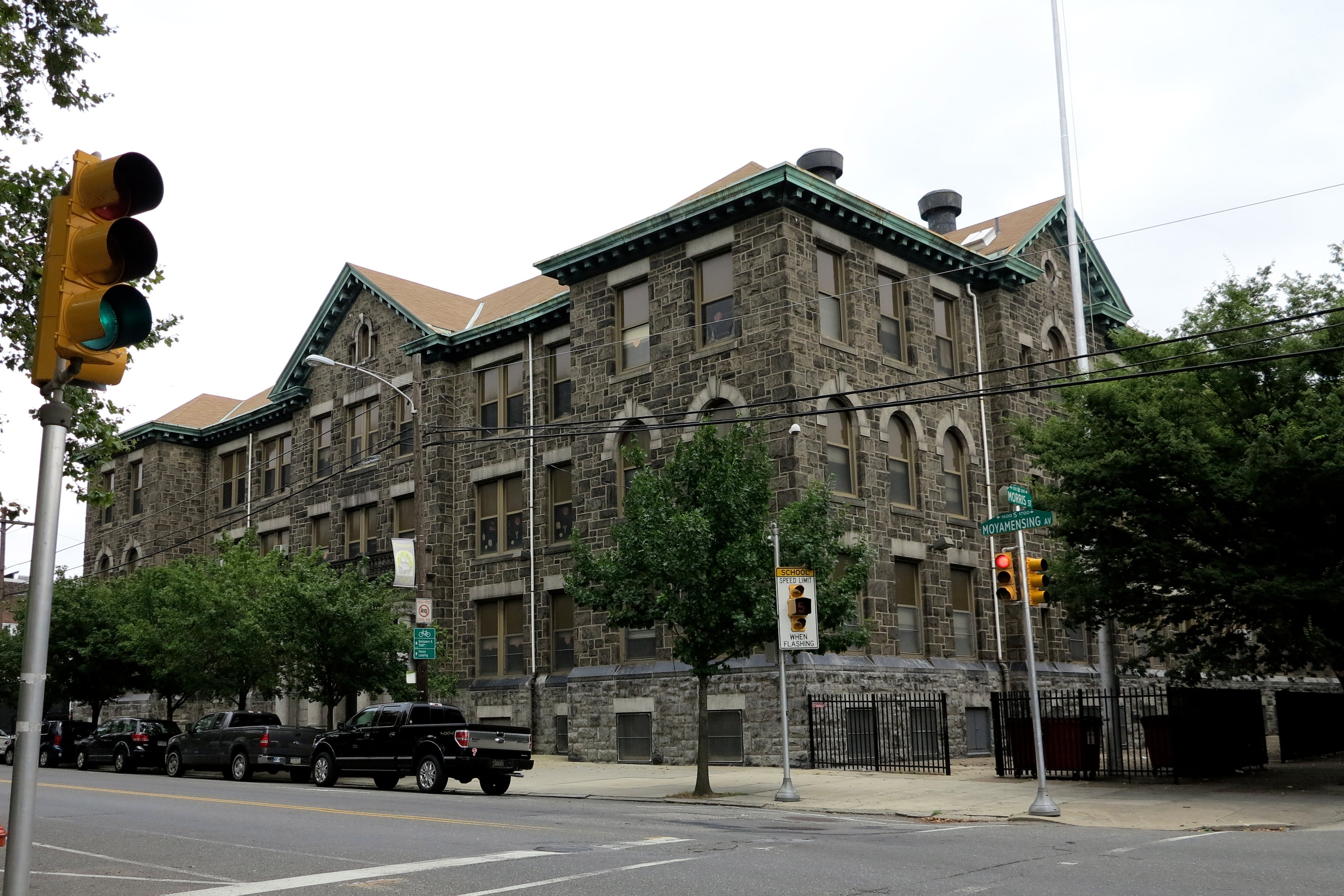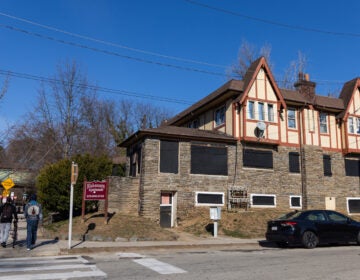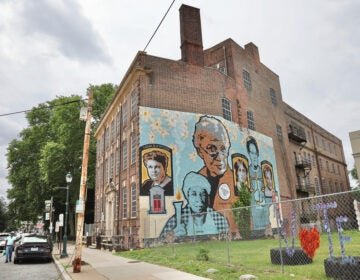Maryland developers see opportunity in Philly’s institutional shells

A group of real estate investors from Bethesda, Maryland, are betting big on Philadelphia schools—the closed ones, anyway.
In the next few months, Concordia Group expects to close on a deal to purchase five school buildings put up for sale two years ago when the Philadelphia School District was trying to raise money through real estate sales. The five former school buildings, in Pennsport, Point Breeze, Port Richmond and Germantown, had all been shut down in the few years prior. According to the School District, Concordia is expected to pay $6.8 million for the five buildings.
Will Collins, a co-founder and managing partner of the development company, said that along with the proposed redevelopment of Mt. Sinai hospital in Dickinson Square West, the school projects are Concordia’s first foray into Philadelphia. They were attracted, he said, by the locations.
“Infill development is something that is our focus and we just love the idea of being in town …” Collins said. “We just think these are great opportunities.”
In Pennsport, down the way from the Mt. Sinai project, Concordia is hoping to convert the former Vare elementary school into apartments. Early plans for the project also call for building a short row of townhomes on the property along Morris Street.
Jim Moylan, the president of Pennsport Civic Association, said that a recent community meeting about the Vare school proposal drew a lot of neighbors. Some of them, particularly those who live closest to the project, felt that the proposal included too many units and too few parking spaces. The meeting, an “uncomfortable” one, got heated at times, Moylan said, even though the parking ratio was higher than required by the zoning code.
Still, Concordia went back and lowered the number of units they were proposing (from 45 to 41) and increased the number of parking spaces (from 24 to 34), getting the project closer to a 1-to-1 parking ratio, according to Moylan. Earlier on in the process, Moylan said that Concordia agreed to let Vare serve as the property address on a local group’s application for a school charter from the School Reform Commission. The group didn’t get the charter, but Moylan said the agreement showed that Concordia is open to hearing what communities are looking for.
“They were willing to be part of the community …” Moylan said. “They’ve been relatively simple to work with.”
It’s a different story in Point Breeze, where Concordia recently pulled a permit to build 45 apartment units at the former Walter G. Smith school at 19th and Wharton. The SRC’s choice of Concordia as the buyer disappointed a group of residents who’d hoped that Independence Charter School would have had their bid selected, the Inquirer reported. Independence had collaborated with Claudia Sherrod of South Philadelphia HOMES in preparing their bid for the Smith building, but was ultimately passed over. Sherrod did not answer calls at her office or respond to an email on Monday.
Last week, the community organizing group Action United held a rally outside the Smith school to protest its conversion to apartments. Jordan Ford, a spokesman for Action United, said there were around 50 people at the rally, which was organized in response to feelings among Point Breeze residents that new condo development wouldn’t fill any of the most serious needs in the neighborhood.
“We’d love it to be reopened as a public school first and foremost, but failing that, we need to keep it as a community fixture.” Ford said. “Something that the community can actually use.”
A market-rate residential conversion of a former school in Point Breeze would just remove another productive, community-oriented space from black and brown people, Ford said. Will Collins, of Concordia, said the company had spoken with a number of potential charter schools about locating at the Smith building, but none of them had made “a real offer.”
“I just think when it comes to development in Philadelphia, and especially in Point Breeze, we always have to take into consideration what the community needs and what the community wants,” Ford said. “I think it’s a mistake to come into the community and do what you want to do without actually seeing what the needs and wants are of that community that is there.”
Collins said that Concordia is partnering with HOW Properties, a rental-property developer based in Conshohocken, on the proposals at Vare and Smith.
Concordia’s biggest hurdle, by far, will be Germantown High School, a 350,000-square-foot property that fronts on the key commercial corridor in Northwest Philadelphia. Like Smith and Vare, the former school was the subject of a charter application that was rejected by the SRC earlier this year.
“They [Concordia] were open to hearing what we wanted,” said Julie Stapleton Carroll, who leads an entrepreneurship program at Temple University and helped prepare the application for a charter at Germantown High. “They didn’t say no.”
Stapleton Carroll said she’s still holding out hope that the School District will take interest in the residents’ ideas for a community school. Those ideas included a small hotel and restaurant where tourists could stay—something that Stapleton Carroll says Germantown lacks—and where students could get an education in hospitality and business. But she worries that Concordia will be unable to figure out a use for the property and will just sell it to someone else.
Andy Trackman, of Germantown United CDC, said it was hard to imagine residential development happening at Germantown High like Concordia is proposing at some of the other school buildings. He hopes that the school’s gymnasium and auditorium are retained as public spaces no matter what use ends up there.
Collins said it’s too early to say what the group might do with the building. There’s a potential that there could be some demolition of the newer structures on the property, but he can’t see tearing down the old high school building.
“We’re going to be working with the councilwoman and local community groups to work through their hopes and desires for the project …” Collins said. “The biggest thing with Germantown is, the older building is a fantastic structure, but unfortunately it’s in really bad shape. I mean, really bad shape.”
The next few months could test Concordia’s mettle. In early August, they’ll be taking the Mt. Sinai proposal (which hasn’t been uncontroversial) to the Civic Design Review Committee, which has been showing a little more spunk lately. Then they’ll have to get the Vare proposal—which, as Moylan said, has its share of detractors—through the zoning board. Then there’s the business of actually closing on the purchase of five school buildings (Fulton Elementary in Germantown and Charles Carroll High in Port Richmond included) and figuring out how to use them.
Collins said that Mt. Sinai, at least, is on track. He expects to start demolishing the old hospital in August and have model townhomes ready for display next spring.
WHYY is your source for fact-based, in-depth journalism and information. As a nonprofit organization, we rely on financial support from readers like you. Please give today.





